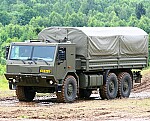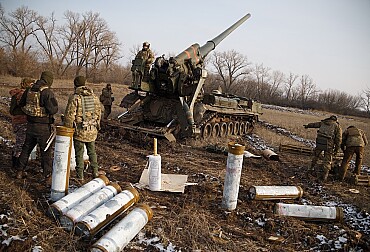Underground Threats: Unveiling Hezbollah's tunnels and North Korean connections in Israel's security landscape
The intricate networks of tunnels beneath Gaza, commonly referred to as the "Gaza metro," have been a well-known security concern for Israel for years. However, a new dimension of threat emerges as Israeli researchers shed light on the sophisticated underground channels constructed by Hezbollah in Lebanon, revealing an alarming security challenge for Israel.
Hezbollah's tunnels, stretching beneath the terrain from Beirut to the Beka'a Valley in southern Lebanon, are not merely subterranean passageways but a robust infrastructure designed for military operations. Constructed with the aid of North Korean and Iranian expertise, these tunnels facilitate Hezbollah's connectivity across Lebanon, enabling swift mobilization and potential surprise attacks on northern Israel.
The Gaza tunnels, while significant, are just one aspect of the broader underground threat landscape facing Israel. In Gaza, Hamas and other Islamist factions have developed a vast underground network, complete with concrete bunkers, fully functional facilities, and provisions for prolonged occupancy. These tunnels serve various purposes, from launching surprise attacks to providing refuge and strategic advantages during conflicts.
Israeli defense forces have long recognized the multifaceted threats posed by these underground structures. In December, an attempt was made to neutralize the Gaza tunnels by flooding them with seawater, although the outcome was not as effective as hoped. Meanwhile, the tunnels in Lebanon, categorized by Tal Beeri of the Alma research institute into offensive and infrastructural types, pose a direct and formidable challenge. Beeri's insights highlight the tactical advantages these tunnels provide to Hezbollah, allowing them to conduct operations from within Lebanese territory or directly into Israel.
The collaboration between Hezbollah and North Korean military experts underscores the transnational dimension of this threat. The experience North Koreans gained from tunnel warfare during the Korean War has reportedly been instrumental in developing Hezbollah's underground network, particularly in navigating Lebanon's challenging terrain, which bears similarities to the Korean Peninsula.
Israel's response to this looming threat is multifaceted. In March 2024, the Israeli Defense Forces (IDF) announced extensive military exercises in northern Israel, signaling their readiness to counter Hezbollah's aggressive posturing. These drills reflect Israel's commitment to safeguarding its borders and preparing for potential escalations.
The regional tension is palpable, with Hezbollah's continued rocket attacks on northern Israel, utilizing Iran-supplied ATGM Almas missiles. This situation underscores the volatile and unpredictable nature of the conflict, where underground warfare and cross-border tensions converge, creating a complex security dilemma for Israel in its enduring struggle to maintain stability and protect its citizens.










